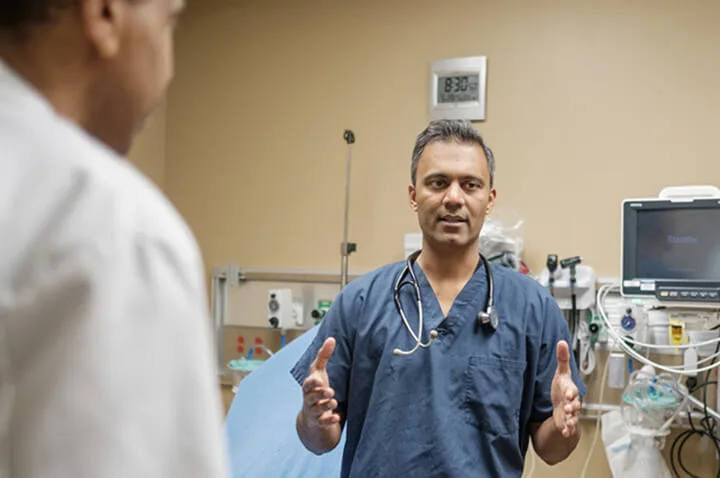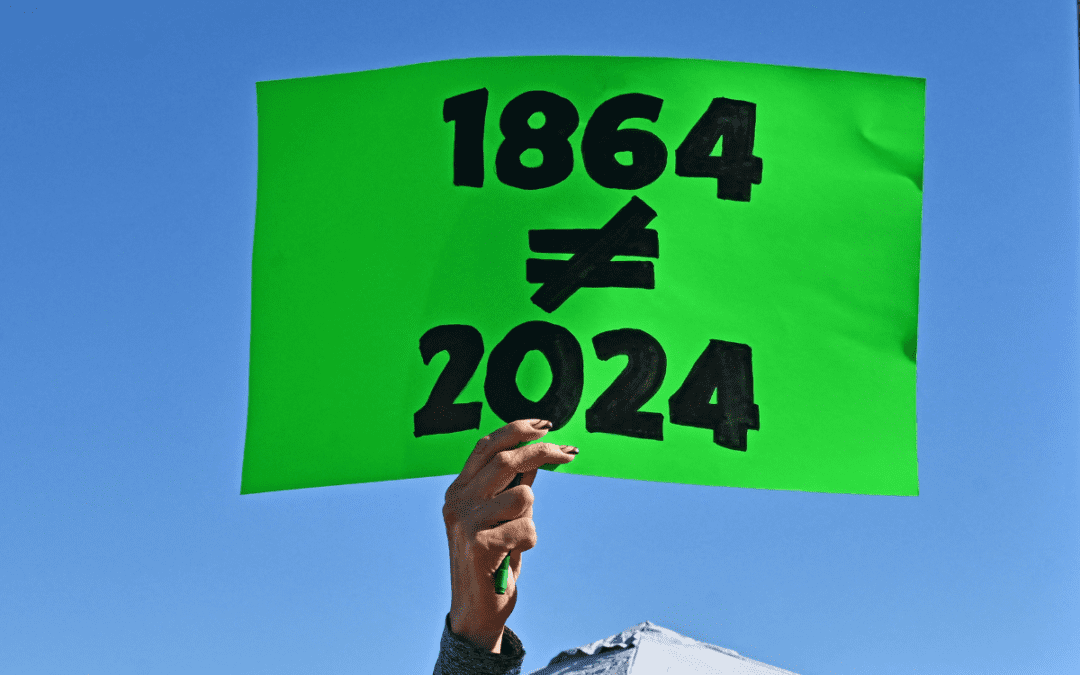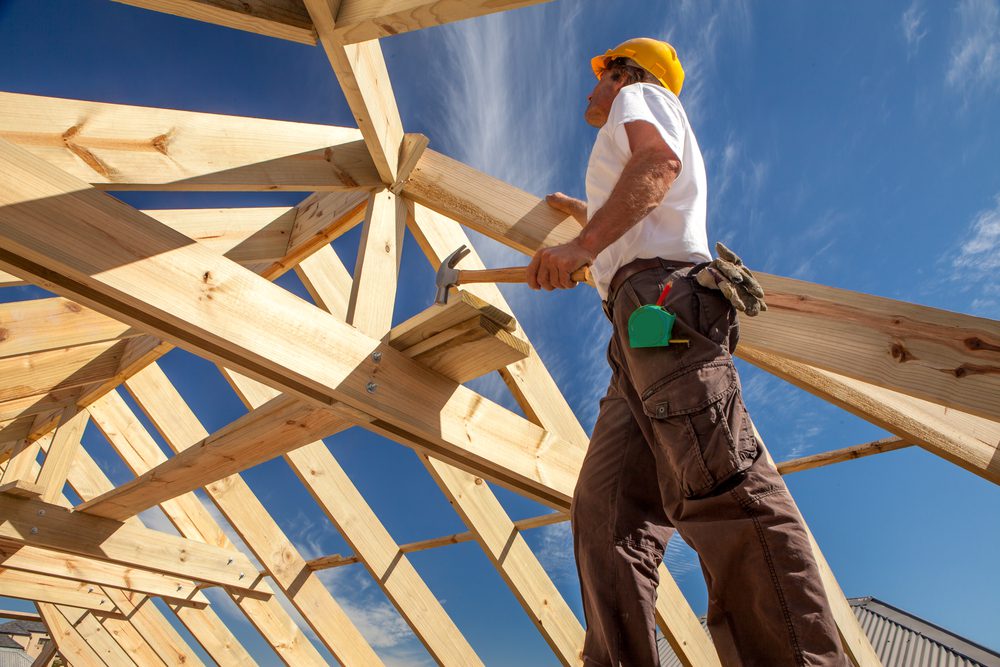
Rep. Amish Shah, D-Phoenix, said his training as a physician made him more comfortable with the thought of being a COVID-19 vaccine test subject and that signing up for the clinical trials was the right thing to do - particularly since minority communities are often underrepresented in such groups. (Photo courtesy Amish Shah)
Arizona could see a vaccine rolled out to select groups by the end of the year.
Arizona could see the distribution of a COVID-19 vaccine within weeks, but health experts say health safety precautions must still be adhered to in order to slow the spread of the virus before the vaccine becomes widely available.
Two vaccines—Moderna and Pfizer—have both appeared to be more than 90% effective against coronavirus. The drug companies hope to make both vaccines available in Arizona and throughout the country by the end of the year.
Pfizer plans to ask the Food and Drug Administration for emergency authorization use of their two-dose vaccine later this month. If approved, they will manufacture enough doses to vaccinate 15 to 20 million people as soon as late December.
RELATED: Some GOP Governors Are Now Issuing Statewide Mask Orders. But Ducey Still Says No.
Given the US population of more than 300 million, Arizona and other states will be forced to prioritize who receives the vaccine first. Arizona, which has a population of more than 7.2 million, has already seen more than 287,000 people contract the virus and 6,384 die as of Thursday.
The Arizona Department of Health Services has already begun preparations for the rollout of the vaccine. According to a vaccine plan released in October, the first dose would be distributed among the health departments in each county in addition to 600 tribal facilities. From there, it will be sent to a number of pre-designated hospitals, pharmacies and other facilities to be used on “prioritized target groups,” which include healthcare workers, essential employees and individuals at increased risk.
Martha L. Barrón, clinical research coordinator with University of Arizona’s Department of Medicine, warned that the hot temperatures of Arizona will pose some unique challenges when it comes to distributing the vaccine. Both the Moderna and Pfizer vaccine need to be transported and stored at extremely cool temperatures of at least -94 F.
Pharmacies and hospitals in rural or poor areas will also face this issue. Both vaccines also require an initial dose and a subsequent booster shot weeks later.
Barrón also warned that the vaccine’s impact on the spread of COVID would be gradual. It’s likely the vaccine won’t be available to the wider population until the spring of 2021.
“Safety precautions currently in place to mitigate the spread of COVID-19 (such as wearing masks and social distancing) will need to continue for some time even after administration of the vaccine begins,” Barrón explained. “The early data from the Pfizer vaccine is a promising step in the right direction but we are still a distance away before seeing a large, widespread impact.”
Questions Linger about Safety, Efficacy of Vaccine
State Rep. Amish Shah, D-Phoenix actually volunteered to participate in the clinical trials for the Pfizer vaccine in August. Shah reviewed the data and weighed the risks before ultimately opting to participate. He felt he was a good candidate as regularly comes into contact with COVID patients in his job as a doctor.
Drugmakers moved at unprecedented speeds in an attempt to combat the growing pandemic. However, questions linger about whether enough testing has been done to determine whether it’s effective and identify any risks.
UA has also been selected to participate in the trials for another a third vaccine option—this one from Sanofi Pasteur—that’s set to begin within the next two months. Currently, dozens of other vaccines are being tested and could be ready next year.
“Long-term safety and efficacy data has yet to be collected so, even though the early data looks very promising, at this point, no one knows whether there will be any long-term side effects or how long the vaccine protection will last,” Barrón said.
While Shah doesn’t know if he received the actual vaccine or a placebo, he said he’s yet to experience any negative side effects or develop COVID. He described the experience with the overall vaccine and process as positive.
“I think people should be happy we got such a profile in such a short amount of time,” Shah said. “Do I wish there was more data? Yes, but that’s how it is with everything.”
LIVE BLOG: Tracking Coronavirus in Arizona
Politics

State Official: 1864 abortion ban gives Arizona ‘black eye’
Arizona’s role at the forefront of the climate crisis, defending democratic elections, and protecting reproductive rights has caught the attention...

Biden makes 4 million more workers eligible for overtime pay
The Biden administration announced a new rule Tuesday to expand overtime pay for around 4 million lower-paid salaried employees nationwide. The...
Local News

Arizona’s reality TV stars: Where are they now?
From A-list actresses to a controversial bachelor, here's a roundup of reality TV stars from Arizona. Whether you love it or hate it, reality TV is...

New funding keeps the homeownership dream alive for Avondale families
In a unanimous decision, the Maricopa County Board of Supervisors approved an additional $796,326 on March 27 to boost homeownership opportunities...




